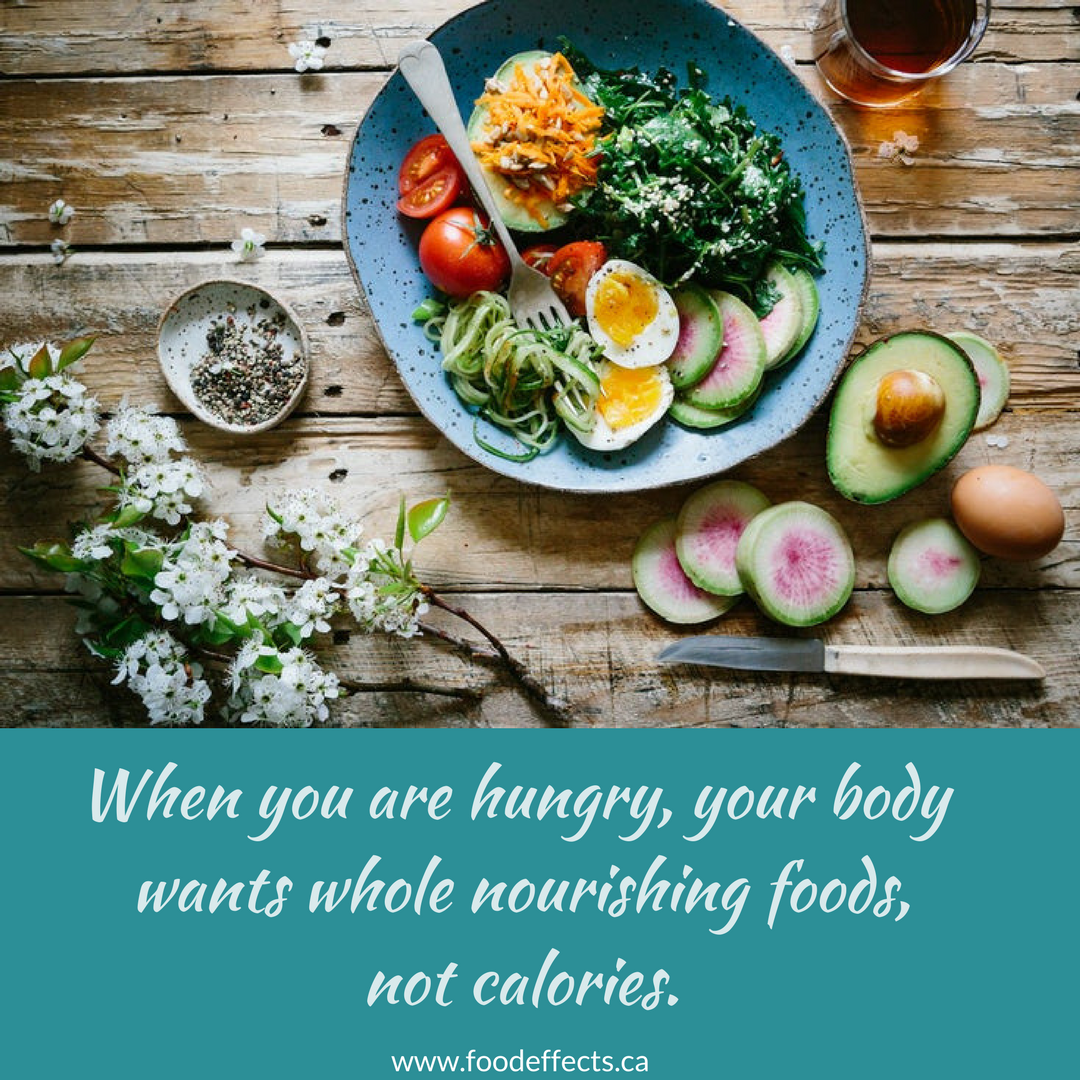Why am I talking about something so basic like chewing?!
I specialize in digestion and gut health and the very basic foundations of eating, like our attitude and emotions around eating and how well we chew our food, make a big difference in our digestive health, which affects our overall health!
I’d be missing a step if I ignored it.
You’ve heard the advice over and over again: chew your food!
I’m not going to tell you how many chews – it really depends on what you’re eating – but I am going to tell you why, so you have a good reason to be more conscious about it.
Can’t get no satisfaction? The simple act of chewing increases the satisfaction you get from meals. Those first few bites are the best, from a sensory perspective, and when we savor every bite and chew each mouthful thoroughly, we release more flavours from food. When the food is in contact with your taste buds longer, it boosts your feelings of “food satisfaction”, such an important part of eating aside from nourishing your body!
How well you chew your food is connected to the rest of your digestion, absorption, and elimination. You know the kids’ song “Dem Bones” (c’mon, sing it with me; knee bone’s connected to the thigh bone…). Yeah, so basically we can write a similar song and call it “Dat Digestive System”, except it doesn’t have quite the same ring to it.
- Chewing releases saliva, which contains digestive enzymes and helps lubricate the food for easier swallowing, which initiates peristalsis (involuntary muscle contraction) throughout the entire digestive system.
- The physical process of chewing helps to break down larger particles of food into smaller particles so the stomach can degrade it further into microscopic size for absorption in the intestines. Food particles that aren’t broken down properly can also cause bacterial overgrowth in the colon which leads to indigestion, bloating and constipation.
- Throughout the chewing process the body also sends messages (via chemicals and hormones) to the GI tract that food is on its way, helping speed up the digestive process moving food and waste through the digestive tract.
- It relaxes the lower stomach – your lower stomach needs to relax before food can be channeled to the intestines. Releasing saliva helps to relax the lower stomach and also speeds up the digestive process.
Digestion is one of the most energy-consuming processes of the body and when food isn’t digested properly, you may suffer from gas and bloating, heartburn, constipation, food sensitivities, nutrient deficiencies, and low energy. It’s essential that you help your body along by doing your part! Make sure you’re swallowing the tiniest pieces possible; if you can still feel parts of the food in your mouth, you haven’t chewed it enough.
In addition to chewing your food completely, there are several other ways to improve digestion:
- Eat in a relaxed manner whenever possible. Avoid eating when highly stressed.
- Avoid drinking water or beverages while eating. Drink up 20-30 minutes before or after your meal.
- Avoid distractions such as television or eating on the run so that you are calm and focused during the meal.
Restoring health, one well chewed mouthful at a time!
With love,
B.






